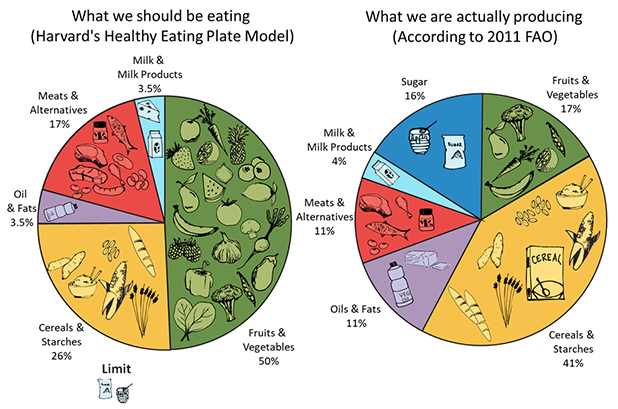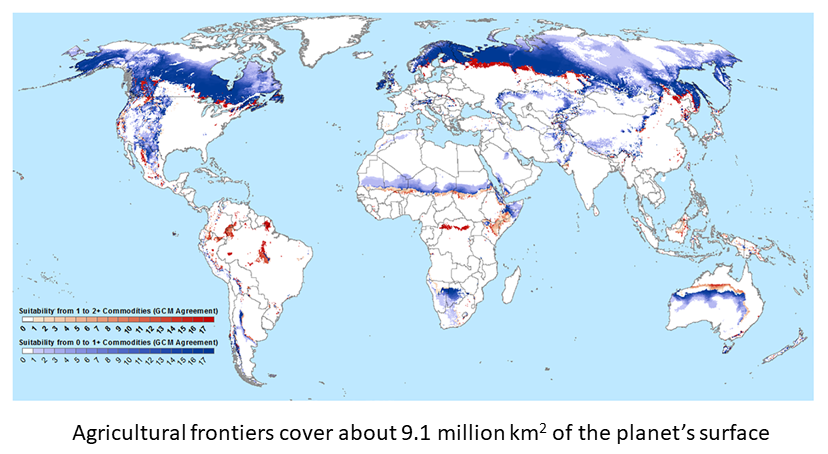Krishna Bahadur KC
VISITOR’S VOICE
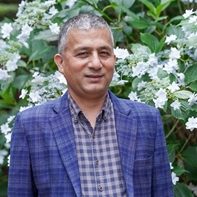
Interview with Krishna Bahadur KC
Seeking Pathways to Sustainably Feed the World’s Growing Population
Please tell us about your research.
I am an interdisciplinary researcher. I focus on four key areas: climate change, land-use dynamics, food systems, and food security. Before entering into academia, I was a forest officer of the Government of Nepal. My academic research began with my postgraduate studies. I first did a master’s in natural resources management at the Asian Institute of Technology, Thailand. My master’s work focused on soil erosion susceptibility mapping using remote sensing and geographic information systems (GIS). I earned my PhD in agricultural sciences from the University of Hohenheim, Germany. My PhD dissertation combined socioeconomic and spatial methods to enhance rural resource and livelihood development in the hills of Nepal. After my PhD, in addition to case study-based research, I also started to work on global issues such as global food security, specifically, climate change, its impact on agriculture, and vice versa. Currently, I am working on the following big questions: 1) Does current food production meet the nutritional needs of the global population? 2) Which currently unfarmed areas across the world may be suitable for agriculture in the face of climate change and digital agricultural technologies?
For more details, see Hannah L, Roehrdanz PR, KC KB, Fraser EDG, Donatti CI, Saenz L, et al. (2020) and KC KB, Dias GM, Veeramani A, Swanton CJ, Fraser D, Steinke D, et al. (2018).
How many research themes do you have?
My research is based on an integrated interdisciplinary spatial approach that emphasizes qualitative and quantitative methods across a range of spatial scales, from the household and community to the watershed, regional, national, and global levels. Throughout my research career, I have conducted multidisciplinary research on the complex links between climate change, food security, and environmental sustainability. I have been working on several distinct but overlapping themes. These include: 1) understanding the factors associated with global food production and food waste, 2) exploring the implications of different geographical areas for food security and other ecosystem services, 3) evaluating solutions to the global food insecurity crisis, and 4) understanding the opportunities and constraints of developing new agricultural frontiers in the face of climate change and digital agriculture technologies.
Why do you find your research topic interesting?
I mainly work on issues that have direct societal impacts. For example, today’s leading global problem is how to feed the world’s growing population sustainably. Much of the conversation about “feeding the future” focuses on whether we will be able to produce enough food for everyone in the year 2100. However, one side-stepped topic is whether we are producing the right kinds of food for all of us to be healthy. Upon investigation, I discovered that we are producing only 50 percent of the fruits and vegetables necessary to fulfill the diet recommended by the Harvard healthy eating plate model. Another area global food production could be boosted is to explore novel agricultural frontiers in the face of climate change and digital agriculture technologies. Over the last couple of years, I have become fascinated by the potential of farming in the far North. This is a topic that, together with new technologies, is capturing the imagination of policymakers and industry. New varieties of crops that mature faster and have a longer growing season due to climate change may provide new opportunities for farming in areas where it has not been possible in the past.
For more details, see Hannah L, Roehrdanz PR, KC KB, Fraser EDG, Donatti CI, Saenz L, et al. (2020) and KC KB, Dias GM, Veeramani A, Swanton CJ, Fraser D, Steinke D, et al. (2018).
How did you get started in your research and how did you come to focus on your current research?
During the early stage of my career, I concentrated on the lessons of small, more technical case study-based work, similar to what I conducted for my master’s and PhD research. Over time, I felt I needed to work on areas that would attract the attention of policymakers and that will also immediately impact society. Therefore, in addition to technical and case study-based analysis, I began to work on a global scale.
Have you had any difficulties in putting together the results of your research into a research paper or book?
Putting research results together and publishing research articles or books is a challenging task. I struggled a lot when I began writing my first research papers many years ago. I found it difficult to organize the results of my data analysis in the form of tables, figures, and graphics. Even until a few years ago, although I felt I could conduct sophisticated analyses and generate exciting results, it was difficult for me to decide which results to include and which to leave out. I also felt challenged when formulating a broader thesis statement, and it was not that easy to write discussion and conclusion sections, particularly relating my work to others.
Writing research papers is a learning process and a different kind of art. Over time, I learned that my main problem was that I usually generate tremendous amounts of results in the form of maps, graphics, and tables. As I produced the results through arduous effort, I wanted to use as much as possible in my writing, which made it challenging to produce short, sharp, and synthesized writing.
Which books or people have influenced you?
I was very much influenced by, among others, Navin Ramankutty and Johnathan Foley’s papers on the global consequences of land use, solutions for a cultivated planet, and farming the planet: the geographic distribution of global agricultural lands. These were fundamental in motivating me to start researching global issues.
What is your ideal image of a researcher?
Working as a researcher is an excellent opportunity to contribute to society. I consider a researcher a think tank. A researcher should work as neutrally as possible, should not be aligned with any political parties, should not produce biased or skewed results, and should not publish papers for the benefit of a specific group, firm, or company. Researchers should always think and work for the well-being of the greater community and society.
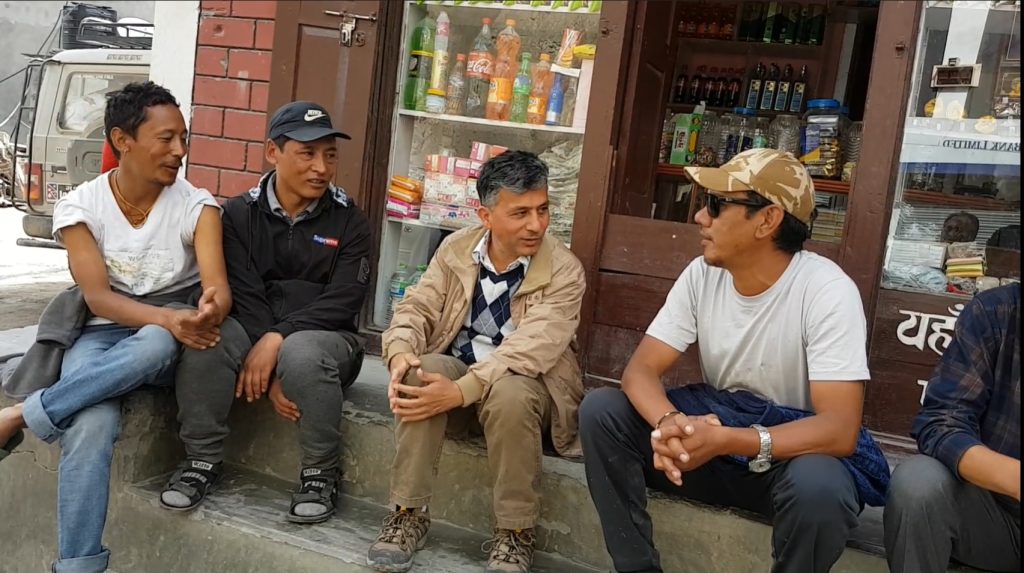
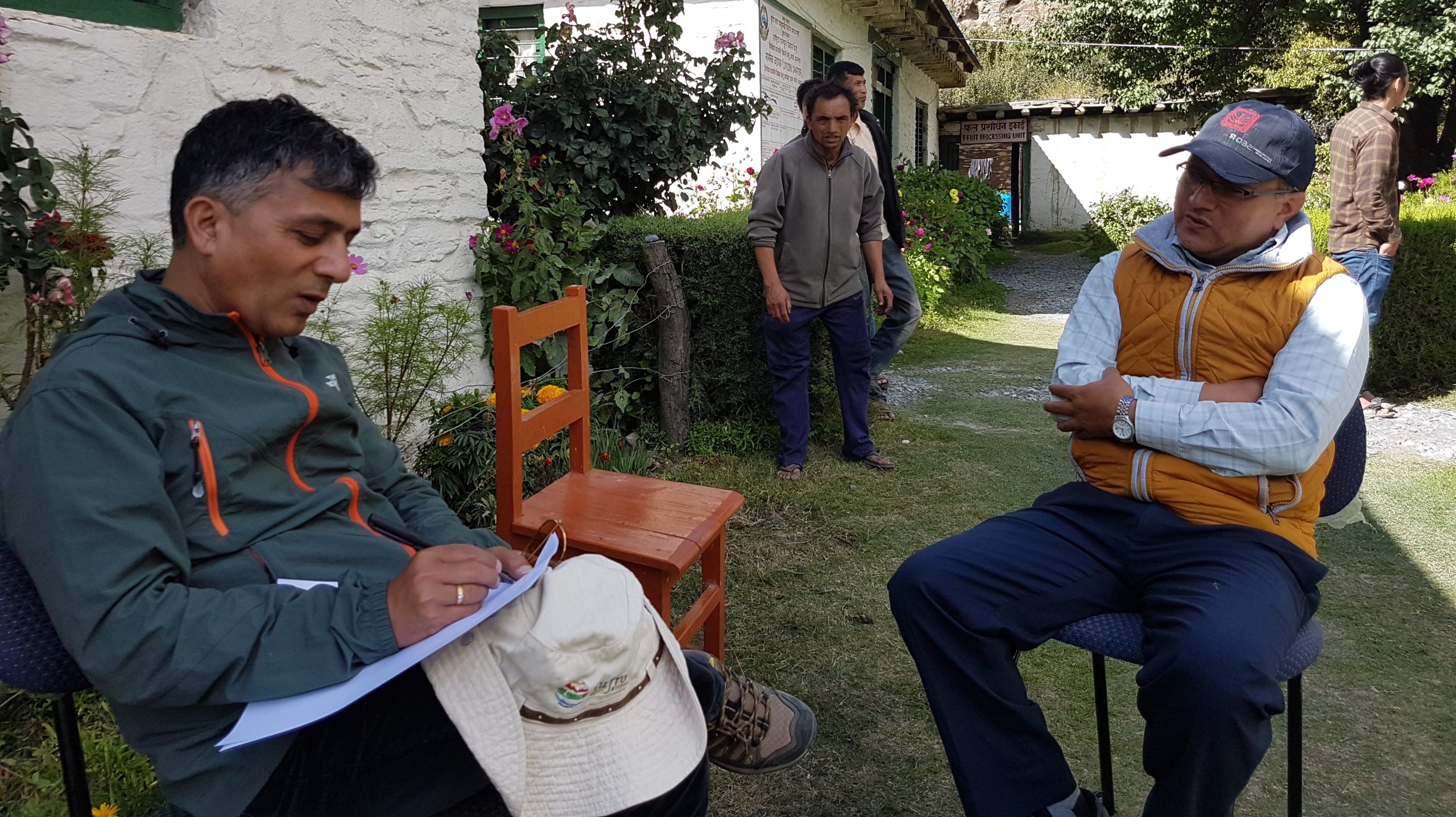
What is your must-have gear for field research and writing?
As I conduct interdisciplinary research, I use many different data types, from remote sensing images to geospatial data, as well as econometric and socioeconomic data. I use various image processing and geospatial data analysis software. Out of all of these, statistical software, such as STATA and SPSS, are absolutely must-haves for me.
What books can you recommend to younger people?
Instead of suggesting reading a specific book, I would suggest that younger people read journal articles and op-eds. They may find it easier to understand the logic of such shorter publications, and thus become familiar with how research questions and/or objectives are formulated.
What would you say to people who want to become researchers?
To be a researcher is rewarding. It is also the opportunity to work for the betterment of society. Being a researcher, you can think and work relatively freely and fairly, and have flexible working hours. However, most of the time, flexible hours translates into working around the clock. To become an established researcher, one needs to have great passion and work hard. Research work is primarily teamwork, so to keep going, finding a collegial work environment that can support you is essential.
What ambitions do you have for the future?
Meeting the nutritional needs of the world’s growing population and maintaining planetary health will remain major challenges for humankind for the next couple of decades. Many scientists have been working in this area and have been focused on various possible solutions. However, one area that has not been studied much yet is the potential positive impact of climate change on the global food system, for example, the possibilities of developing novel agriculture frontiers. There have been some publications on this; however, they are mainly based on preliminary investigations, giving us a very generalized first-order global approximation. We have not learned much about regional perspectives. Building a good reliable global model is impossible without regional views. Therefore, I plan to continue exploring the various regional perspectives on the potential of developing new agricultural frontiers. I hope I will be able to generate models for different regions across the globe and, with that data, ultimately develop a reliable global model by combining the various regional models.
(July 2022)
References
Hannah, L.; Roehrdanz, P.R.; KC, K.B.; Fraser, E.D.G.; Donatti, C.I.; Berg, A., et al. 2020. The Environmental Consequences of Climate-Driven Agricultural Frontiers. PLoS ONE 15(2): e0228305.
https://doi.org/10.1371/journal.pone.0228305
KC, K.B.; Dias, G.M.; Veermani, A.; Swanton, C.J.; Fraser, D.; Steinke, D., et al. 2018. When too Much Isn’t Enough: Does Current Food Production Meet Global Nutritional Needs? PLoS ONE 13 (10): e0205683.
https://doi.org/10.1371/journal.pone.0205683
Krishna Bahadur KC is a Visiting Research Scholar of CSEAS
from June – August 2022
